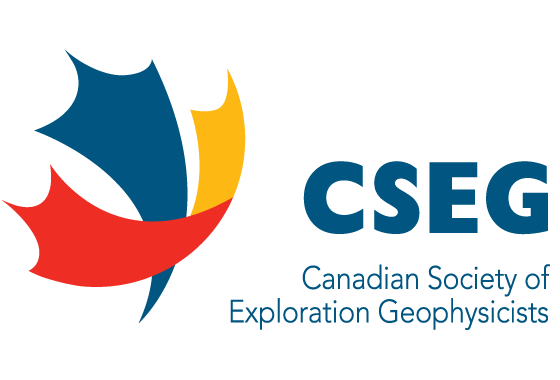Biography
Bill Abriel is an independent geophysical consultant. Abriel began his work in the industry with Chevron in New Orleans in 1978 and recently retired in 2015. His technical interests are in the application of new technology to active projects including geophysical acquisition, processing, interpretation, and integration. He has been the geophysical lead for Chevron in many oil and gas basins around the world in the Atlantic margins, Gulf of Mexico, Appalachians, Australia, China, Russia, and Eurasia.
Abriel has participated in a variety of professional society activities. He is the past president (2017) of the Society of Exploration Geophysicists (SEG). He has performed on editorial boards for GEOPHYSICS, TLE and INTERPRETATION, served on numerous SEG committees, including Development, Membership, Research, Global Affairs, and Distinguished Lecturer, was the SEG Spring Distinguished Lecturer in 2004, and the Distinguished Instructor in 2008. Abriel is a founding and twice board chairman of the SEG Advanced Modeling Corporation (SEAM). He was named a life member of SEG in 2007.
Abriel received a B.S. in geosciences and an M.S. in geophysics, both from Pennsylvania State University, where he was a founding member of the SEG student section and earned four varsity letters in lacrosse.
Description
Target Audience: The intended audiences for this course are:
Geoscientists with minimal to medium petroleum experience seeking a better understanding of how geophysics integrates into subsurface oil and gas management and investment decisions.
- Engineers and business managers with an interest in how and why geophysics impacts their business decisions, and how to evaluate investments in geophysical projects.
- Geoscientists who desire to enter the petroleum business and can benefit from a full business-focused view of how and why geophysics is applied differently in different geological environments and throughout the value chain of exploration and production.
Professionals who can especially benefit from this course include students and professional who are engaged in geophysical interpretation, processing, research, petroleum operations and petroleum service. The course is predominantly conceptual and graphical, teaching by examples. A degree in geoscience, engineering or physics is useful but not necessary. No substantial theoretical background in geophysics is required.
Objective: The objective of the course is to demonstrate how and why geophysics adds business value in the decisions regarding subsurface petroleum management. The business decisions and associated tools of the petroleum industry are explained including exploratory risk analysis, decision trees, value of information, net present value, attribute scorecards, volume estimates, reserves analysis, and reservoir monitoring. Using examples from different geological environments, the direct business impact of geophysics is illustrated by examples and reinforced by the several team-operated student problems. The participants will become familiar with the application and value of geophysics for end users (customers) as well as the inherent technical and financial risks and uncertainties.
Organization and materials: The material is organized into 8 lectures and 4 student problems for a total of 13 hours of instruction.
Day 1
Section 1 - Prospecting (80 min)
Section 2 - Student team problem on exploratory risk (60 min)
Section 3 –Exploration geophysics (90 min)
Section 4 - Student team problem on calculating volume (80 min)
Section 5 –Value of geophysics for conventional hydrocarbon development (60 min)
Section 6 - Student team problem in delineation (30 min)
Day 2
Section 7 – Geophysics for reservoirs (60 min)
Section 8 – Geophysics in reserves estimates (60 min)
Section 9 - Student team problem on assigning reserves (60 min)
Section 10 - Geophysics for production monitoring (100 Min)
Section 11 - Geophysics for unconventional reservoirs (100 min)
Section 12 – The geophysical business manager (60 min)




